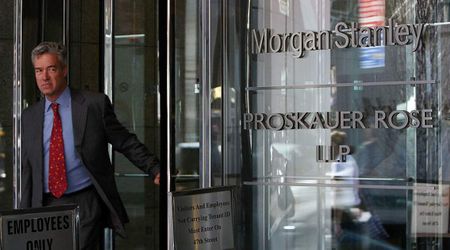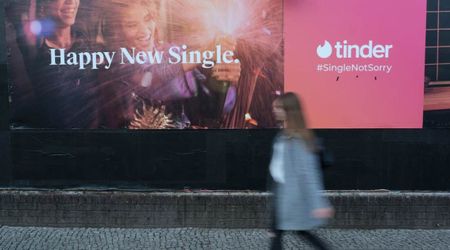Managers Advocate for Sick Employees to Work, Survey Ignites Controversy

The aftermath of the COVID-19 pandemic has left a lasting impact on our lives, with the workplace being no exception. However, it seems like some companies may be overlooking the lessons learned during the pandemic, particularly when it comes to employee sick leave policies. A survey conducted by ResumeBuilder involving over 1,000 managers revealed that 20% of managers admitted to encouraging unwell employees to come into the office, raising concerns about the neglect of employee well-being and a potential disregard for public health.

Encouraging sick employees to work not only poses a risk to the individual's health but also jeopardizes the well-being of the entire workforce. The stress and anxiety associated with being compelled to work while unwell can have detrimental effects on mental health, further impacting job satisfaction and overall morale. Julia Toothacre, a career strategist at ResumeBuilder, expressed her disbelief at this finding, stating, "Twenty percent! That blew my mind."
The survey sheds light on a disturbing phenomenon known as 'sick shaming,' with one in four managers suspecting employees of exaggerating or lying about their illnesses when requesting sick leave. 27% of managers believed that encouraging sick employees to work is good for productivity and 11% admitted to 'sick shaming' workers. Toothacre pointed out that questioning an employee's need for sick leave may inadvertently force them to prioritize work over their health, contributing to a detrimental cycle of presenteeism.

Moreover, the survey revealed that a third of managers frequently request medical documentation as proof of illness when employees request a sick day. While it is not illegal to demand a doctor's note, using medical diagnoses against an employee constitutes illegal discrimination. This practice adds an unnecessary burden to employees already grappling with health issues.
A significant post-COVID development in sick leaves is the increasing reluctance of managers to grant traditional sick days. With remote or hybrid work options now prevalent, some managers view working from home as a viable alternative to taking a sick day. However, this approach may exacerbate resentment among employees who have sacrificed remote work privileges to return to the office.

Toothacre highlighted the problematic nature of this perspective, stating, "Well, you are sick but you can work from home. Because certain positions can work from home and they’ve done it, that may be what managers recommend. It is like 'How sick are you?' 'Can you do your job from home?' You’re not even supposed to ask that?"
Furthermore, while 70% of managers said workers should take the day off for a severe cold, only 20% said they should for a mild cold. The survey disclosed that 65% of managers feel that clearer sick leave policies are needed in their workplaces. This indicates a widespread ambiguity surrounding sick leave guidelines, which could contribute to the varied and often misguided approaches taken by managers.























